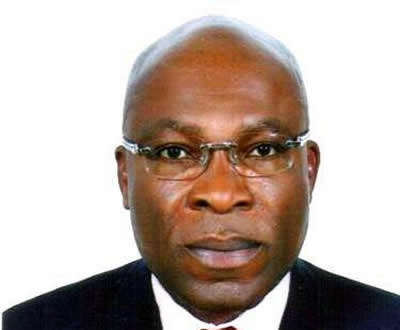Nigeria’s Zinox Group Chairman, Leo Stan Ekeh, is urging the government to subsidise electricity for schools and research centres, warning that unreliable power is leaving the country behind in global innovation.
“Less than five per cent of our educational institutions can afford to power their campuses for even six hours a day,” Ekeh said in a statement at the Nigeria Computer Society’s annual conference in Kano.
He argued that without affordable energy, students and lecturers can’t fully use digital tools or access global content, undermining the country’s chances in a knowledge-driven economy.
“Under these conditions, how can knowledge workers compete globally or students access world-class digital tools? Even lecturers who manage to own laptops and tablets often go weeks without being able to recharge them.”
Ekeh’s remarks come as Nigeria grapples with a widening gap between its digital ambitions and the realities of its power sector. The government has been phasing out electricity subsidies in a bid to reduce fiscal strain, but Ekeh said schools should be treated as a strategic exception given their role in human capital development.
“Without urgent measures, Nigeria risks being permanently marginalised in the global digital race,” he warned.
The Zinox Chairman positioned his company as an example of private-sector readiness, pointing to its global certifications and capacity to deliver digital tools at scale.
“We are fully equipped, both technically and financially, to support corporations and governments in this AI-powered race,” he said.
He also tied the energy crisis to broader structural issues limiting Nigeria’s technology growth and called for deeper investments in local manufacturing, expansion of digital literacy, and incentives for private sector partnerships.
“The next five years are critical for Nigeria’s emergence as a leading nation. If we combine common sense with technology and leverage our population, we can make wealth a right for over 75 per cent of Nigerians,” Ekeh said. “Investing in tech businesses is currently the most cost-effective and sustainable option, and the returns will be highly rewarding.”















